French Drain
marc00
17 years ago
Featured Answer
Sort by:Oldest
Comments (8)
gorillabuilder
17 years agoRelated Professionals
Cibolo General Contractors · Barrington General Contractors · Beloit General Contractors · Galveston General Contractors · Mankato General Contractors · Tabernacle General Contractors · Troy General Contractors · Westminster General Contractors · Security-Widefield General Contractors · West Jordan Architects & Building Designers · Ronkonkoma Architects & Building Designers · Fort Pierce Flooring Contractors · Hudson Flooring Contractors · Lakewood Flooring Contractors · Scotts Valley Flooring Contractorsfunnycide
17 years agohuskymaniacny
17 years agohuskymaniacny
17 years agoanejramey_comcast_net
13 years agolindamoggio_optonlne_net
12 years agochuckfh
12 years ago
Related Stories
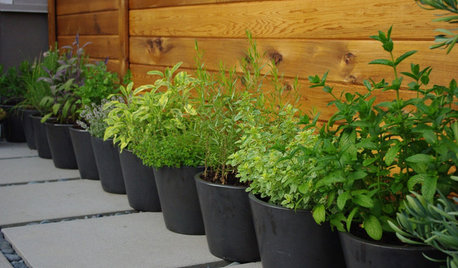
GARDENING GUIDES4 Herb Container Gardens for Fabulous Global Cuisine
Tingle your taste buds with the unbeatable taste of fresh herbs in your Italian, Asian, Mexican or French fare
Full Story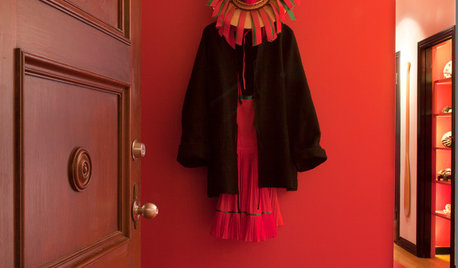
DECORATING GUIDESMy Houzz: Walls and Shelves Are This Collector's Colorful Canvas
French flea market finds, antique toys, folk art and family keepsakes all have a place in this creative consultant's San Francisco apartment
Full Story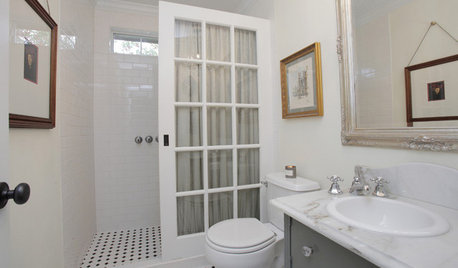
BEFORE AND AFTERSReinvent It: A Texas Bathroom Says 'Bonjour' to Salvage
Serendipity leads to vintage Parisian swank in this renovated bathroom, starring a French door in place of shower glass
Full Story
EDIBLE GARDENSHerb Garden Essentials: Grow Your Own Tarragon
Cooks swear by the spicy anise flavor of this seasoning, which is a favorite in French cuisine
Full Story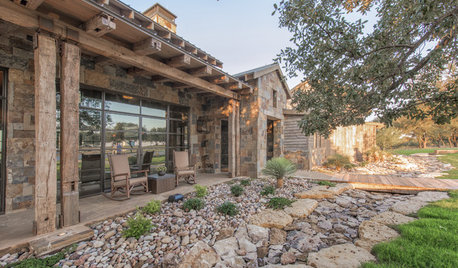
LANDSCAPE DESIGNTo Manage Stormwater Sustainably, Understand Your Site
Follow this guide to learn how water moves through your landscape and how best to manage it
Full Story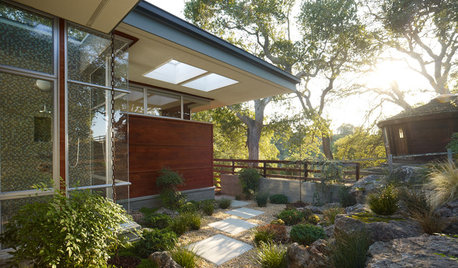
LANDSCAPE DESIGNSoak It Up: How to Manage Stormwater in Your Landscape
Permeable paving, gravel beds and planted areas in your yard can absorb and cleanse stormwater runoff. Here's how it works
Full Story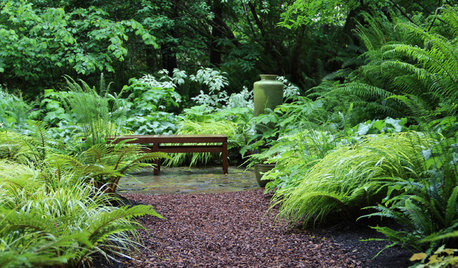
GARDENING GUIDES10 Solutions for Soggy Soil
If a too-wet garden is raining on your parade, try these water-loving plants and other ideas for handling all of that H2O
Full Story
EARTH DAYGrow a Beautiful Garden With Ecofriendly Greywater
Reducing home water waste means lower bills and a healthier planet. Here's how to set up a greywater home irrigation system that can help
Full Story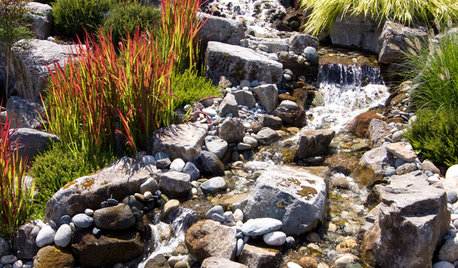
LANDSCAPE DESIGNDitch the Ordinary Ditch: Create a Realistic Dry Creek Bed
Here’s how to turn your water runoff system into an eye-catching accent for your landscape
Full Story
REMODELING GUIDESContractor Tips: Finish Your Basement the Right Way
Go underground for the great room your home has been missing. Just make sure you consider these elements of finished basement design
Full StoryMore Discussions






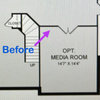

msafirstein